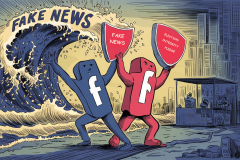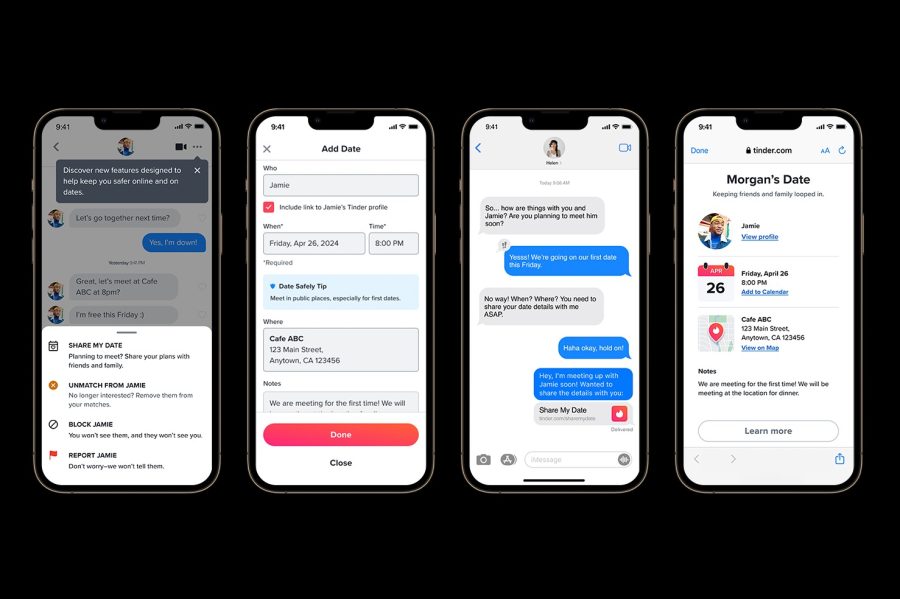When summer movies like Sacha Baron Cohen’s “Bruno” and “Funny People,” the latest from comedic hit-maker Judd Apatow, tanked, for once people weren’t blaming the quality of the films themselves. They were blaming Twitter. According to multiple reports, it was the early buzz on Twitter – much of it negative – that caused these movies to crash and burn. Similarly, when movies do well, as is the case now with the sci-fi thriller “District 9” and Brad Pitt’s action-filled “Inglorious Basterds,” credit is given to the powerful “Twitter effect” and its ability to make or break a movie. But is Twitter really having this big an impact on the movie industry?

Twitter Effect in Action?
Recent news from crimson hexagon, makers of an online conversation-monitoring platform called VoxTrot, reveals that the word of mouth circulating on Twitter over the weekend about “Inglorious Basterds” was largely positive. In fact, only 8% of the 4500 sampled tweets had anything negative to say about the movie. Not surprisingly, the movie ended up doing extremely well at the box office, pulling in $37.6 million in the U.S., with an additional $27.1 million overseas, during its opening weekend.

But was Twitter really the impetus behind the movie’s success? According to Matt Atchity, editor in chief of News Corp.-owned review site Rotten Tomatoes, the answer is “no.” He thinks Twitter’s influence is overhyped and overrated. In a recent Forbes interview, Atchity is quoted as saying:
“It’s an interesting word of mouth, but I think only for a certain part of the audience. For the younger, more connected audience that may be true but for older audiences, I don’t know…Do I think Twitter is affecting my cousins in Kansas City and what they see? If it’s a big enough movie, they are going to see it.”
Tweets Don’t Equal Ticket Sales
He may have a point. Despite the reports and charts attempting to prove the “Twitter Effect,” what’s being said on Twitter may not have as big an impact on real-world actions as is being implied by these numbers. For one thing, we know that the demographics on Twitter aren’t representative of the demographics of the movie-goers. (Teens don’t tweet, remember?) Plus, correlating the volume of tweets about a movie, as research service Trendrr recently did, only proves people are talking, not what they’re saying nor whether their anticipatory tweets will lead to actual ticket sales. Besides, don’t we all know by now that correlation is not the same as causation?
Online Buzz Doesn’t Always Deliver
Finally, online chatter, even when positive, can’t save a movie (or a TV show for that matter, as “Firefly” fans will be sure to remind you.) Case in point: 2006’s “Snakes on a Plane.” In what was one of the first cases of crowdsourcing movie production to fans, the filmmakers eventually reshot parts of the movie to meet fan expectations. They added in more snakes, more gore, and more death scenes, thus bumping the rating of the movie from PG-13 to R. And, of course, they added in the now-famous line “I want these mother####ing snakes off the mother####ing plane!”

Based on the online chatter and excitement surrounding the film, everyone was sure it would be a success. Interest in the film went viral, with fan-made trailers and scripts, lit-up message boards, and general frenzy. What happened at the box office? Did “Snakes” become a smashing success? No, quite the opposite. The movie managed to rake in only $15 million on its opening weekend and, in the end, grossed $34 million domestically – only $1 million more than the production budget alone. In other words, it bombed.
What this means for Twitter is that the online chatter taking place on the popular microblogging site, while still an important vector for studying sentiment, is not powerful enough on its own to truly impact the overall success or failure of a movie. As of now, only the movie-going audience can do that. And guess what? They’re not all on Twitter… well, at least not yet.










